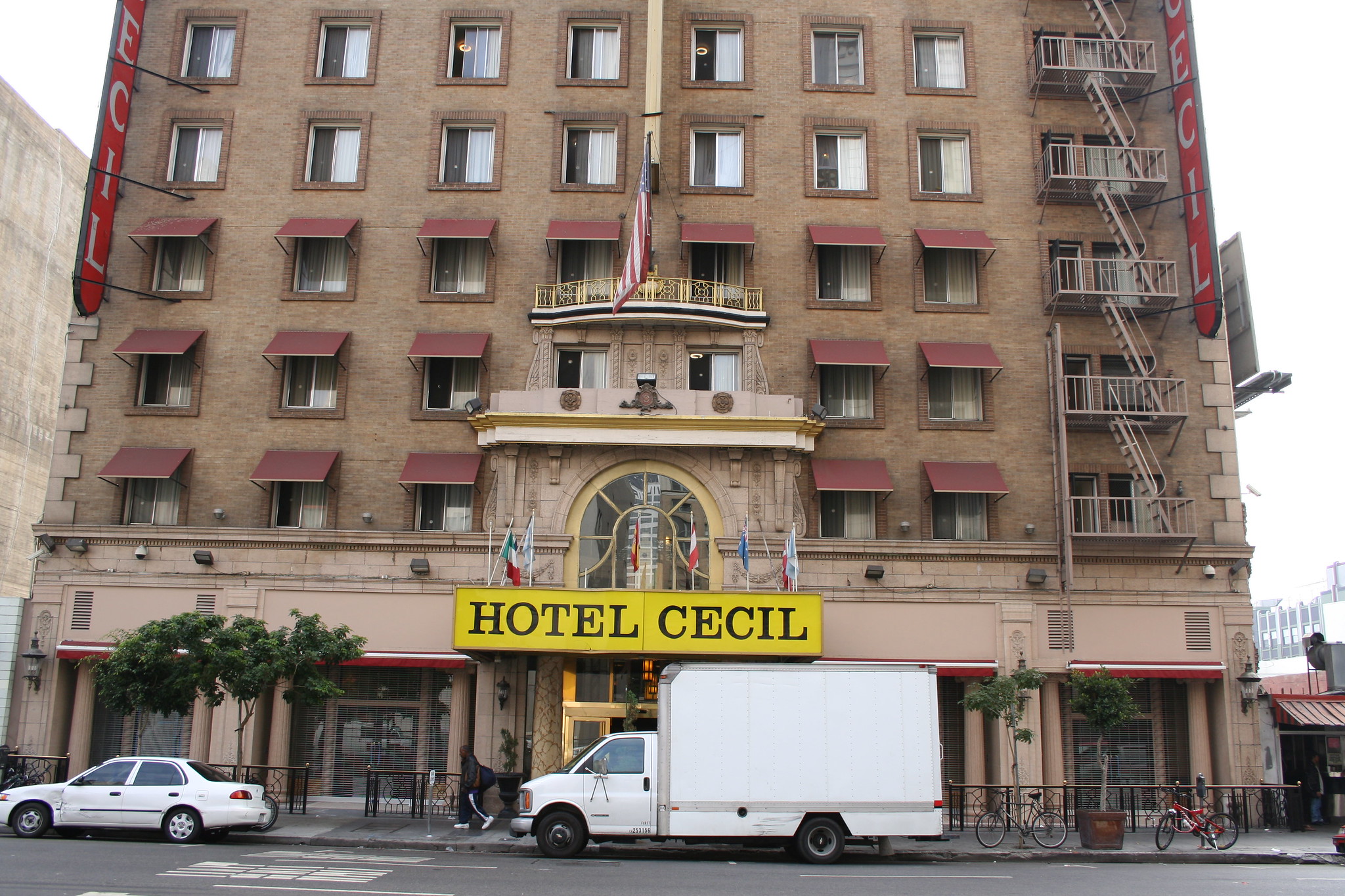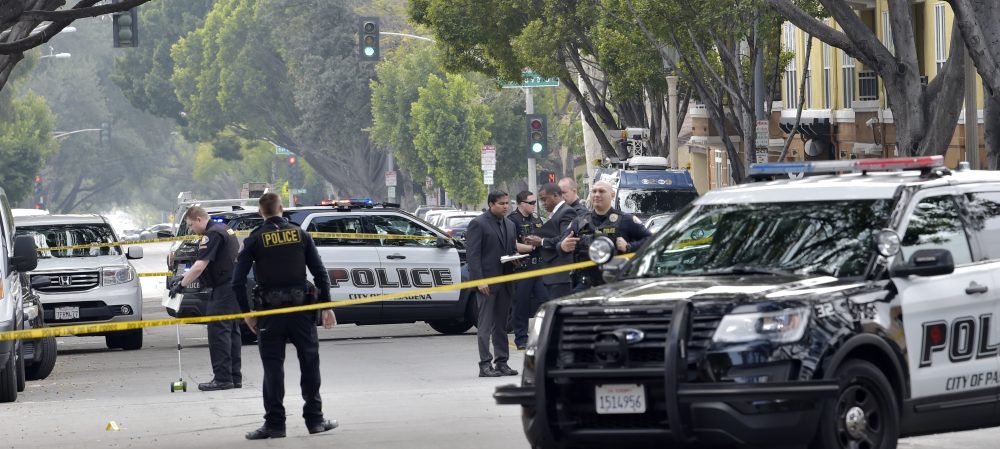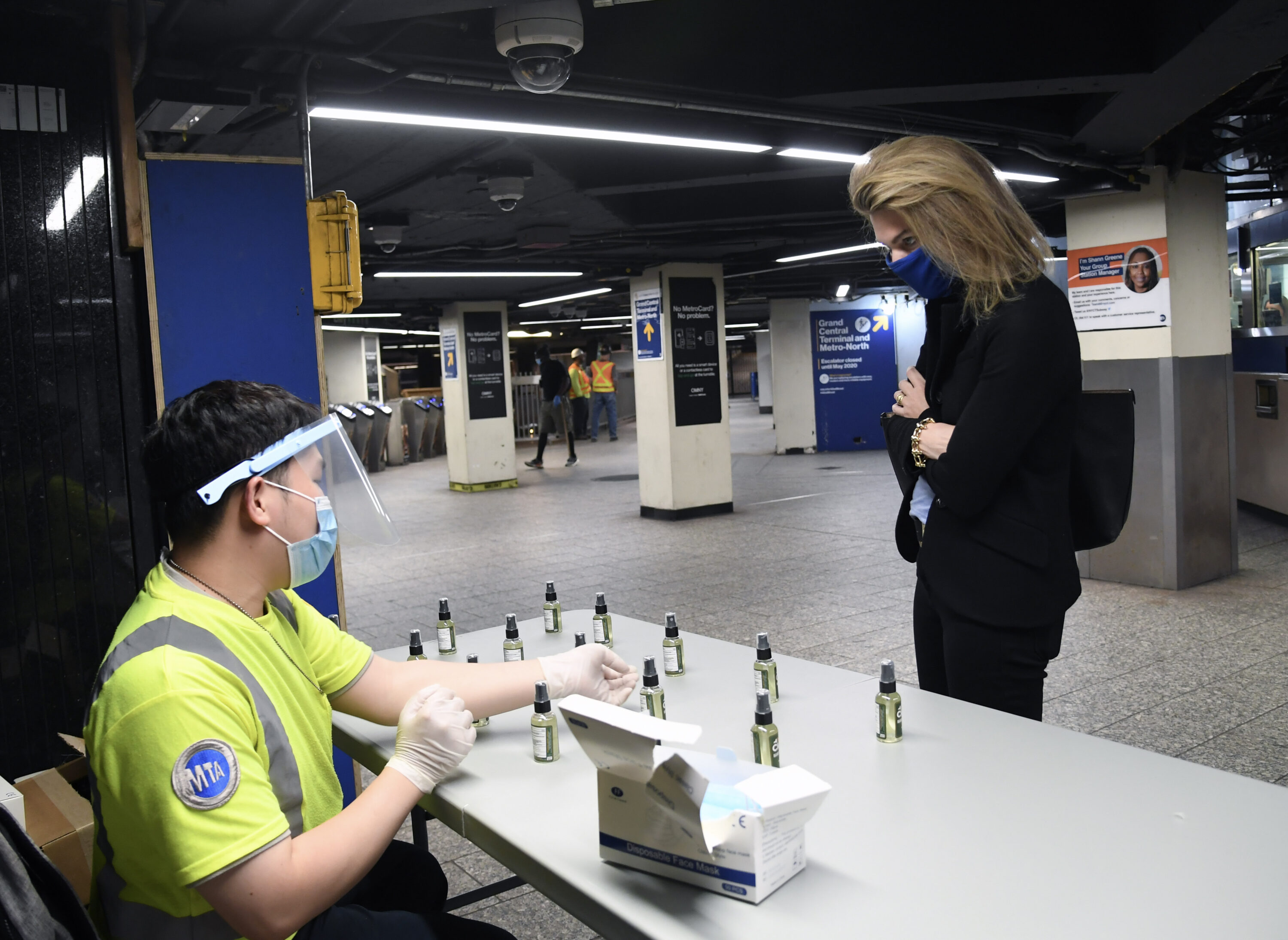The Skid Row Housing Trust will hold a ribbon-cutting Tuesday to celebrate the transformation of the historic Cecil Hotel, which has attracted public fascination for its sordid past, into affordable housing for people who are unhoused and housing insecure.
The Cecil Hotel, 640 S. Main St., will provide affordable residences to 600 low-income individuals through single-room occupancy units and efficiency studios between the sizes of 160 and 176 square feet. The facility — which was acquired by Simon Baron Development and is operated by the Skid Row Housing Trust — includes secured entry, a community kitchen, laundry facility, a recreational room and on-site case management services provided by SRHT Health and Social Services.
“The Cecil Hotel is a perfect example of the bold and creative solutions needed to make a dent in the homelessness crisis. We are proud to partner with Simon Baron Development to welcome home 600 neighbors who are currently unsheltered, unhoused, or housing insecure,” Sierra Atilano, Skid Row Housing Trust’s chief real estate and investment officer, said in a statement.
People are eligible for Cecil Hotel units if they make between 30% and 60% of the area median income, but most units are designated for people making 30% or less.
“Unlike other affordable and permanent supportive housing developments, this project was funded and will operate as self-sustaining with private capital,” said Matt Baron, CEO of Simon Baron Development. “We are really excited to bring this solution to the growing number of people who are suffering on the streets and are in need of a home.”
Public fascination about the Cecil Hotel and the mysteries surrounding was most recently reignited after the 2013 death of 21-year-old Canadian student Elisa Lam, who was staying at the building’s rebranded Stay on Main hotel before she was reported missing and eventually found in the roof’s water tank.
The hotel was the subject of a 2021 Netflix documentary series, titled “Crime Scene: The Vanishing at the Cecil Hotel,” which explored Lam’s death, as well as other dark periods of the hotel’s history.
In 2017, the Los Angeles City Council designated the 1924 building an Historic-Cultural Monument, calling it a “representative example of the early 20th Century American hotel industry” and “an example of Beaux Arts style commercial architecture.”
“Located on Main Street, two blocks east of Broadway and one street east of Spring Street, the Hotel Cecil was once advertised as being ‘convenient to railway and steamship terminals,’ and represents a growing trend in the early twentieth century to develop hotels close to urban and commercial hubs as opposed to idyllic rural resorts,” the Los Angeles Department of City Planning’s recommendation report for the designation stated.
It also notes that the property maintains “a high level of integrity of location, design, materials, setting, workmanship and feeling,” despite alterations made over the years to the buildings interior and exterior.
The Skid Row Housing Trust will hold a ribbon cutting ceremony at 9:45 a.m. Tuesday to celebrate the hotel’s opening as affordable housing.
Prospective residents of the Cecil Hotel can contact Char Johnson at 213-542-7575 or char.johnson@skidrow.org for leasing information.







